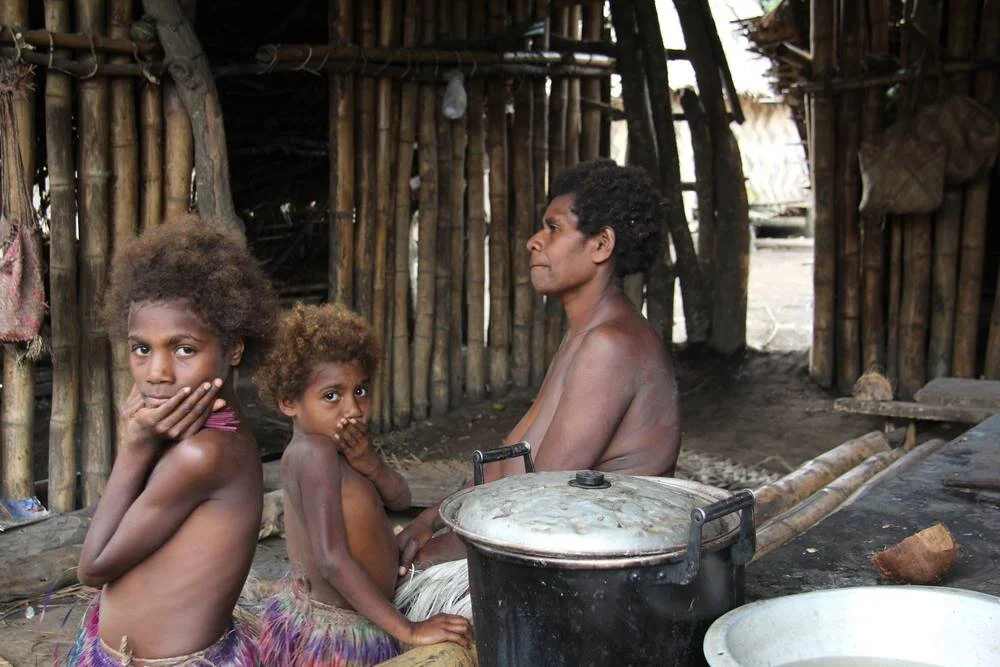Ritual, Community, and Conflict
Some of the greatest atrocities have been caused by groups defending or advancing their political aspirations and sacred values. In order to comprehend and address the wanton violence of war, terrorism and genocide, it is necessary to understand the forces that bind and drive human groups. This five-year program of research investigates one of the most powerful mechanisms by which groups may be formed, inspired, and coordinated: ritual.
This project examines the role of ritual in child development, in social behavior, and in the evolution of political systems:
Studying how children learn the rituals of their communities is shedding light on the various ways in which rituals promote social cohesion within the group and distrust of groups with different ritual traditions
Qualitative field research, surveys, and controlled psychological experiments have been conducted in a number of troubled regions (including the Middle East and North Africa) to investigate the role of ritual in group bonding and inter-group competition
New databases have been constructed to explore the relationship between ritual, resource extraction patterns, and group structure and scale over the millennia
The first objective of the project is to understand how young children learn the difference between ritual and instrumental stances on behavior, as well as how social cues influence the salience of the two stances and affect patterns of social learning by imitation. In our initial experiments we’ve shown that children copy causally opaque behavior more rigidly, with less inclination to innovate, when the ritual stance is more salient, and we’re currently exploring the effects of ostracism threat, conformism bias, and other social cues on ritual learning.
Since rituals are typically unintelligible in terms of mechanistic causation, they spawn a potentially infinite universe of behavioral diversity. Human populations living side by side may have much in common, adopting the same basic techniques of production, using similar tools, exploiting similar natural resources and foodstuffs, living in similar kinds of houses, and so on. Indeed, at the level of practical affairs and day-to-day life there may be little to tell them apart — people cannot distinguish themselves from their neighbors by continually inventing new ways of tackling the technical challenges of life.
Rituals are a different story. Arbitrary conventions for how to achieve certain goals (placating the gods, ensuring an adequate crop and so on) act as admirable group markers partly because they are of little or no use to those outside the group. Indeed, the same may be said of individual identity markers.
This work is being undertaken through the collaboration of international teams of anthropologists, psychologists, historians, archaeologists, and evolutionary theorists.
Collaborators
- Project PI and Director: Harvey Whitehouse, University of Oxford
- Co-investigator and the Objective 1 Coordinator: Cristine Legare, Professor of Psychology and Director of Center for Applied Cognitive Science, The University of Texas at Austin
Funding
The project is funded by an Economic and Social Research Council (ESRC) Large Grant.
Field Sites
- Austin, Texas, USA
- Tanna, Vanuatu
- Belo Horizonte, Brazil

